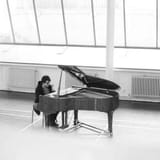Transforming Education: Anil Srinivasan’s Vision for Creative Intelligence Through Rhapsody and Kruu
Anil Srinivasan, renowned musician and educator, unveils his ground-breaking approach to integrating arts into education with Rhapsody and Kruu. Discover how his innovative programs are reshaping learning and empowering students globally.
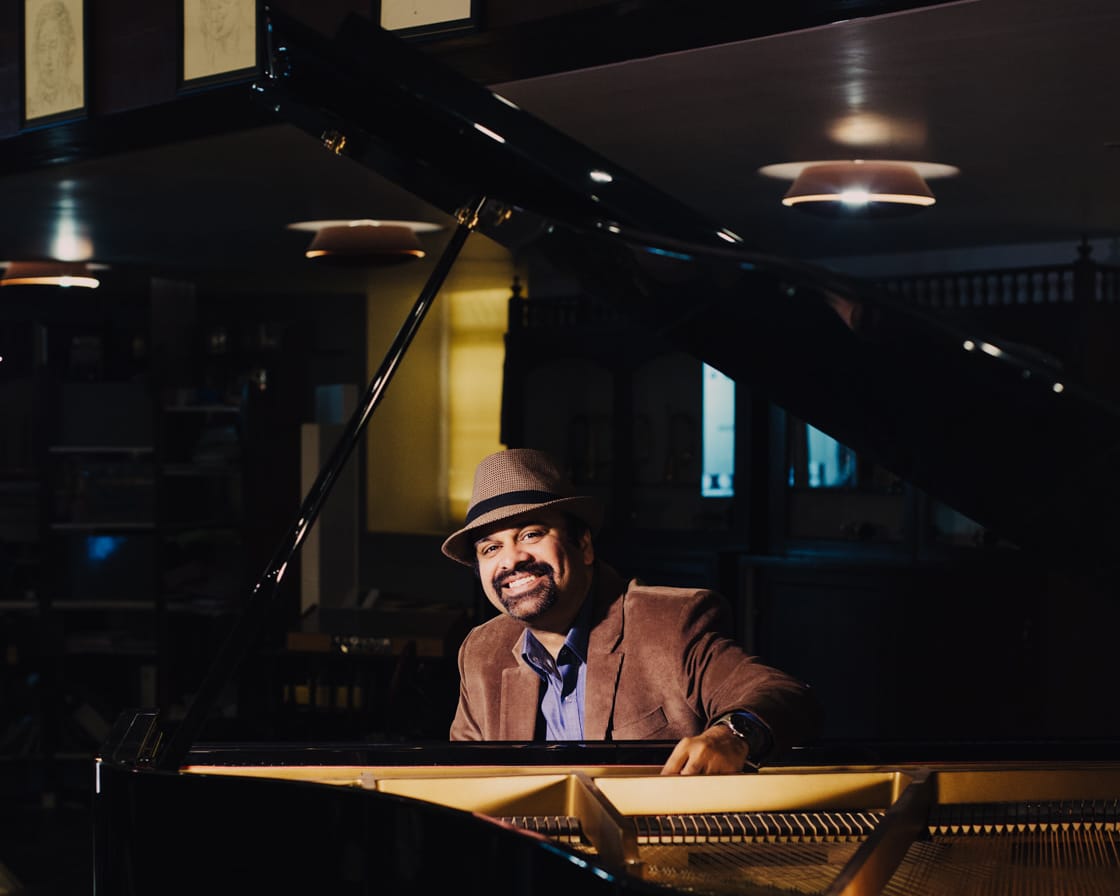
Anil Srinivasan, one of India's most celebrated musicians and educators, is redefining the landscape of education through his pioneering work in integrating arts into learning. Awarded the Kalaimamani and the Ustad Bismillah Khan Yuva Puraskar, Anil combines his M.Phil. from Columbia University with a profound background in cognitive neuroscience to drive transformative educational initiatives. His flagship program, Rhapsody, which began in 2013, has made a significant impact by integrating arts into the curriculum of over 477 schools in South India, and has earned global recognition as a leader in 'Innovation in Learning' by the Wharton-QS Reimagine Education Awards.
In 2022, Anil founded Kruu, a revolutionary platform that bridges high school education with higher academia and industry expertise. With over 330,000 students engaged in just 18 months, Kruu offers project-based learning and mentorship from top global academics and industry leaders. This interview explores Anil’s journey from a young musician to an influential educator, delves into the evolution and success of Rhapsody, and reveals the vision behind Kruu.
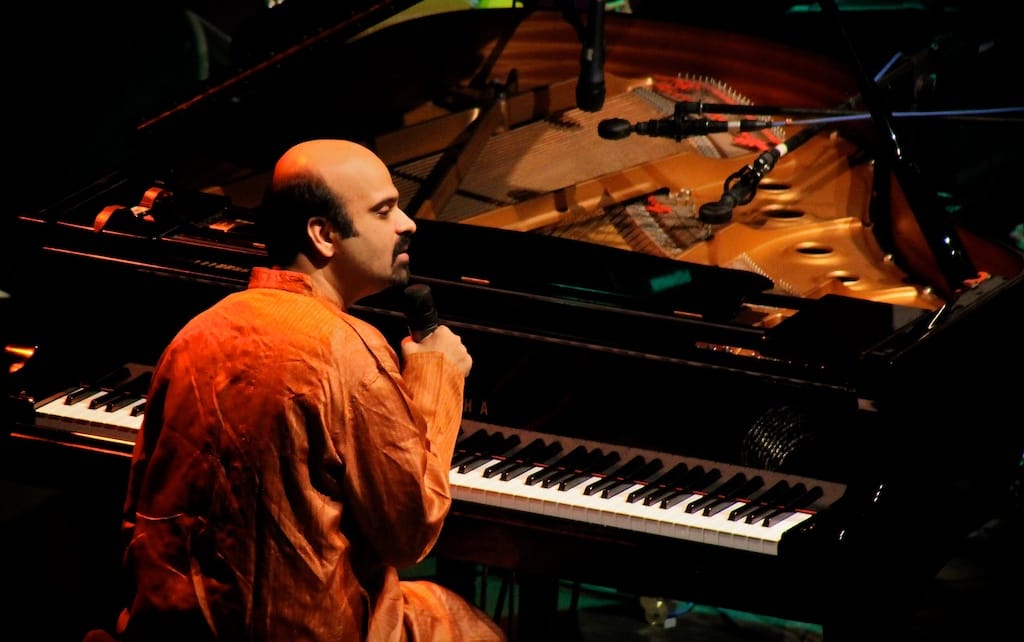
Nikhil Sardana: How did your background in cognitive neuroscience and your M.Phil. from Columbia University influence your approach to integrating arts into education through Rhapsody?
Anil Srinivasan: Most of what I've achieved has been by accident rather than intention—except for music. Music has been the only consistent thread throughout my life. It is through music that I discovered life, explored new options, and learned how to process various experiences. Often, we believe we are in control of our lives, but many things happen on their own, and my life has been like that.
I always intended to be a musician, but at three years old, what intention could I possibly have? Around high school, my family faced economic challenges. Back then, we didn’t have career counsellors, so I followed the conventional path—aiming for a good degree and a secure job.
In the early 1990s, when I was finishing high school, the piano was almost unheard of in Chennai. Pursuing a career in music was not feasible, so I pursued economics. Fortunately, or unfortunately, I was good at mathematics, which opened doors for me. But music never left me. Especially when you've had training from a young age, it becomes a part of who you are.
During my second master’s at California, I started taking courses in the music department. Then, at Columbia in New York, I was surrounded by music. Living near the Manhattan School of Music and Juilliard, I was naturally drawn back into music. Columbia opened up many doors for me, allowing me to combine math and music, which led to my focus on neuroscience.
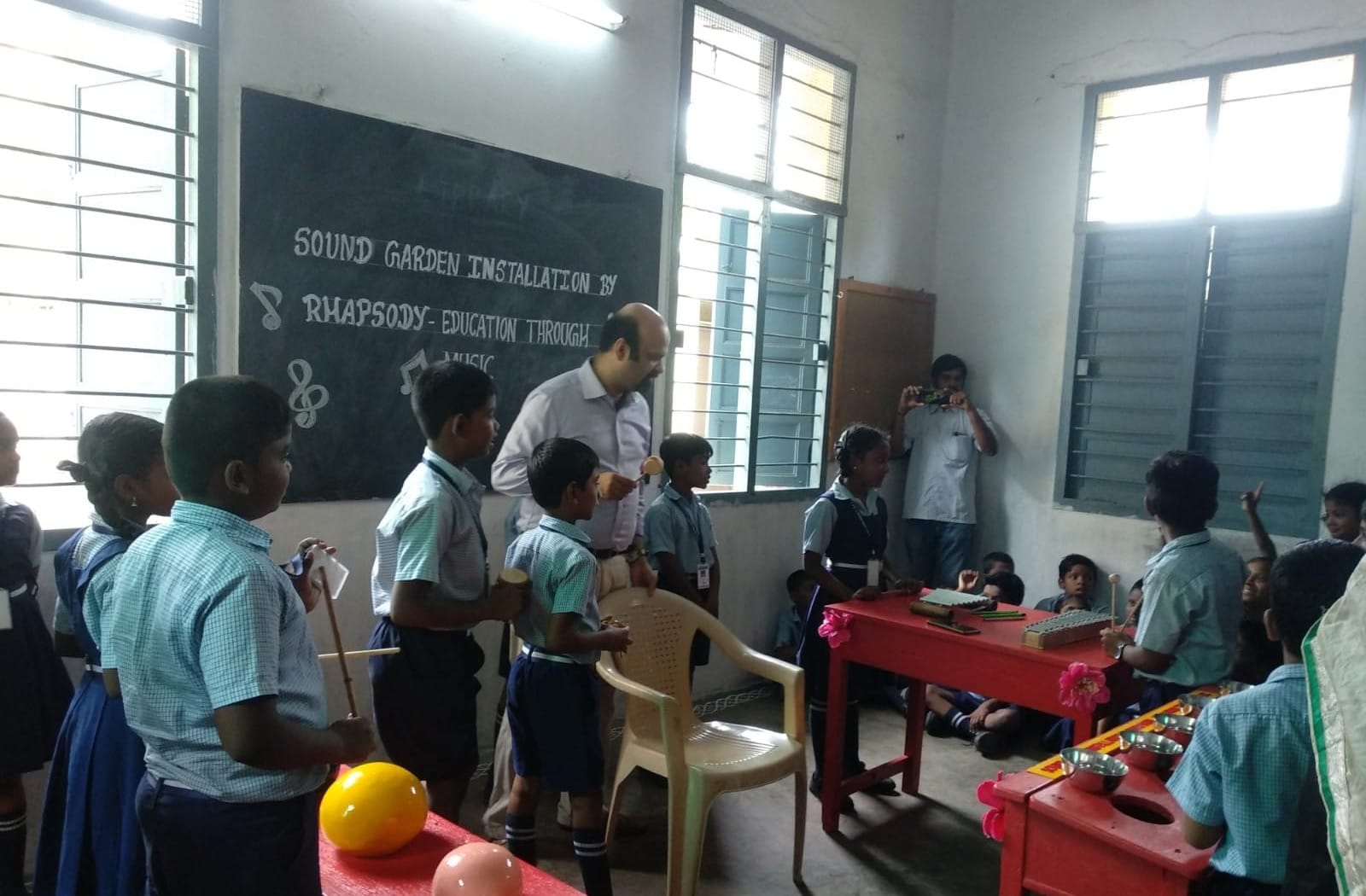
NS: What was the initial inspiration behind founding Rhapsody in 2013, and how has the program evolved over the years to reach hundreds of schools in South India?
AS: By the time I returned to India, I had already started collaborating with high-calibre musicians like Mandolin Srinivas and Aruna Sairam while still a student at Columbia. These collaborations weren't planned; they just happened. In New York, my mind was like a radio, tuned to different frequencies, broadening my thinking.
My focus began to shift towards understanding how music affects the brain, especially in terms of socializing and cognitive processing. When I returned to India, I consulted for educational and corporate institutions while continuing to perform as a musician. Again, this was not a deliberate choice but something that evolved naturally.
In 2009, I was awarded the first-ever Sangeet Natak Akademi Yuva Puraskar for creative and experimental music—a milestone but also a moment of introspection. A pivotal moment occurred when I was invited as a chief guest to a school in Tiruvaiyaru, the birthplace of the Carnatic Music Trinity. When I asked the students to name these great composers, no one knew the answer. This was my call to action.
The idea behind Rhapsody was to focus on the cognitive, emotional, and creative benefits of music in education. Music reinforces self-discipline, fosters creative expression, and enhances cognitive processing. Rhapsody seeks to integrate music into the learning process in a way that benefits every child, regardless of whether they pursue music as a career.
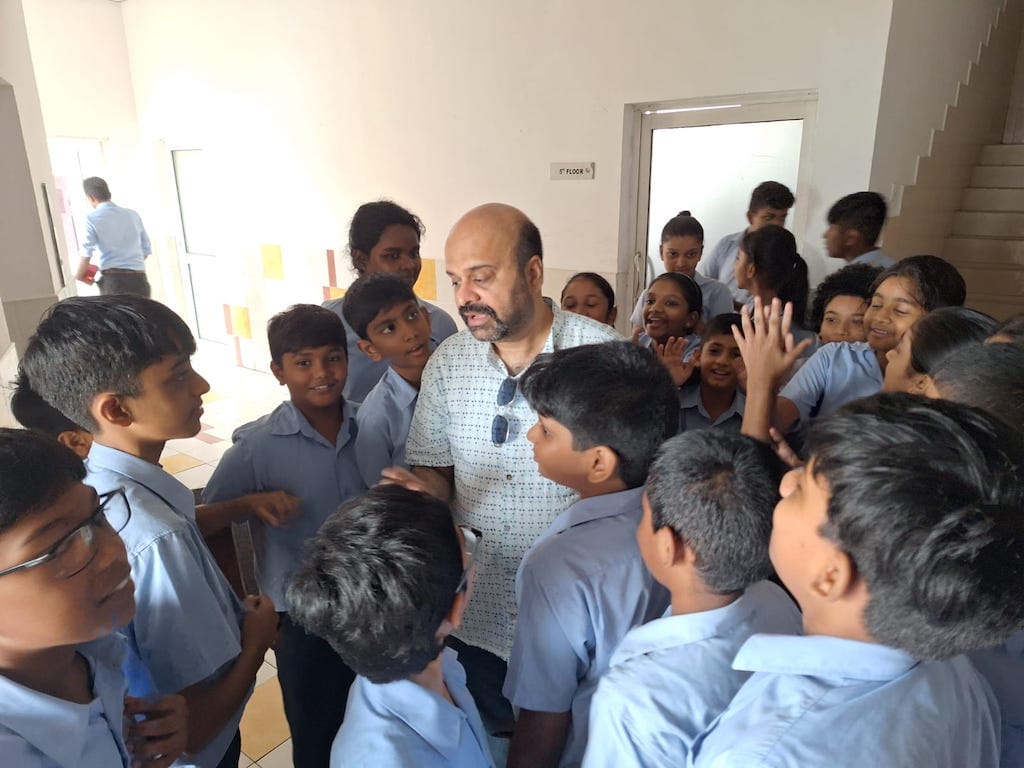
NS: How has Rhapsody been received overall, and what key factors have contributed to its recognition and success?
AS: Rhapsody's journey has been both challenging and rewarding. While we’ve made notable progress and achieved commendable metrics, the reception has been mixed. A touching message from my neighbour’s son, now living in Canada, highlighted Rhapsody's lasting impact. He once disliked the program but now appreciates its influence on his childhood, showing how Rhapsody can reshape perspectives and learning experiences over time.
However, immediate judgments based on short-term metrics are common. In India, and elsewhere, there's often high pressure for quick results, leading some schools to prematurely assess Rhapsody's effectiveness. Some schools use superficial measures, like judging success based on applause at performances, which fails to capture the program’s deeper, long-term benefits. This misunderstanding can hinder broader acceptance.
There’s a need for better advocacy to highlight Rhapsody’s value. Despite strong support from schools and organizations like the Tamil Nadu government and Ashok Leyland, who invested significantly before the pandemic interrupted our efforts, the program’s full benefits are often only apparent after a few years. This delayed impact requires patience, which is sometimes lacking in the current educational climate.
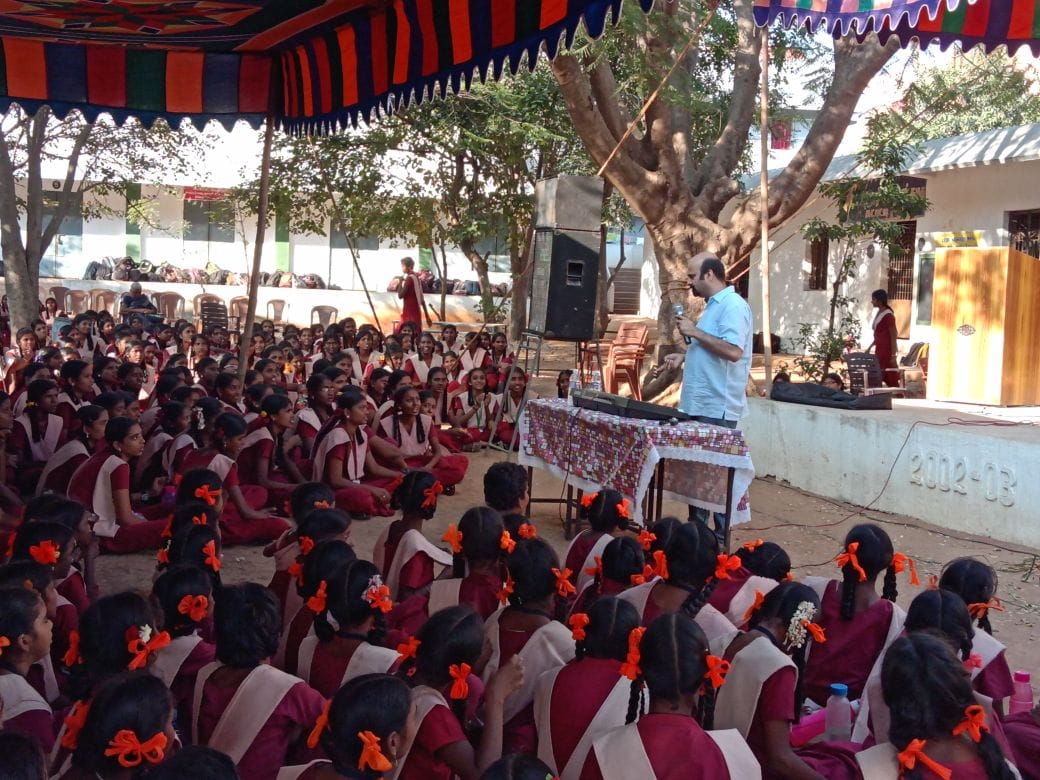
NS: What motivated you to create Kruu in 2022, and how does it complement or differ from the goals and methodologies of Rhapsody?
AS: Kruu was created in 2022 to continue the mission of fostering creative intelligence, which is central to both Kruu and Rhapsody. While Rhapsody integrates music and art into subjects like math and science, Kruu addresses the needs of middle and high school students through project-based learning. Unlike traditional education’s segmented approach, Kruu offers creative problem-solving opportunities and exposes students to real-world professionals. This approach helps students discover their passions and develop valuable skills beyond textbook learning.
Kruu complements Rhapsody by focusing on older students, providing them with practical experiences and connections to leading universities and thought leaders. This method aligns with the National Education Policy (NEP) and aims to prepare students for the future by helping them find their unique paths and passions.
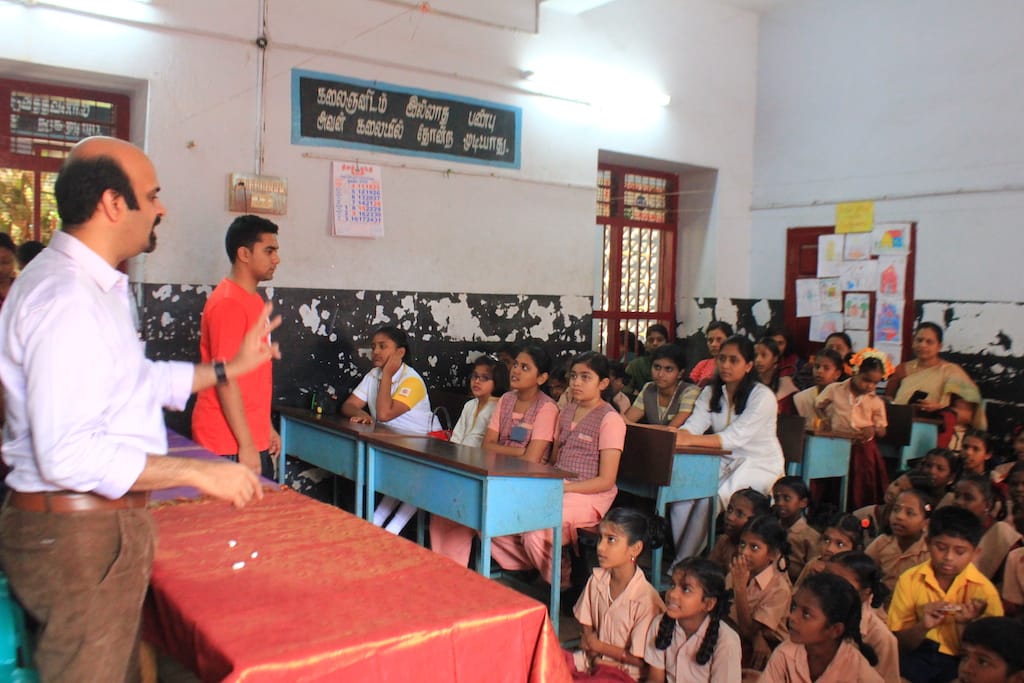
NS: How do you envision the future growth for Kruu?
AS: Kruu and Rhapsody are merging to form a unified enterprise focused on fostering creative intelligence, which is increasingly essential in today’s automated world. This integration allows us to scale our K-12 operations and expand into undergraduate education through college partnerships.
Our goal is to impact as many children as possible, helping them discover their creative potential. Rhapsody engages younger students, while Kruu offers older students project-based learning to uncover their passions. We're not just creating a company but a virtual institution with global reach.
We aim to provide opportunities to the most deserving students, not just the wealthiest. Technology enables us to offer top-tier education from leading universities to students regardless of their location. By supporting 200 top students annually, we hope to contribute some of India’s brightest creative minds to the economy and revolutionize our approach to education and creativity.
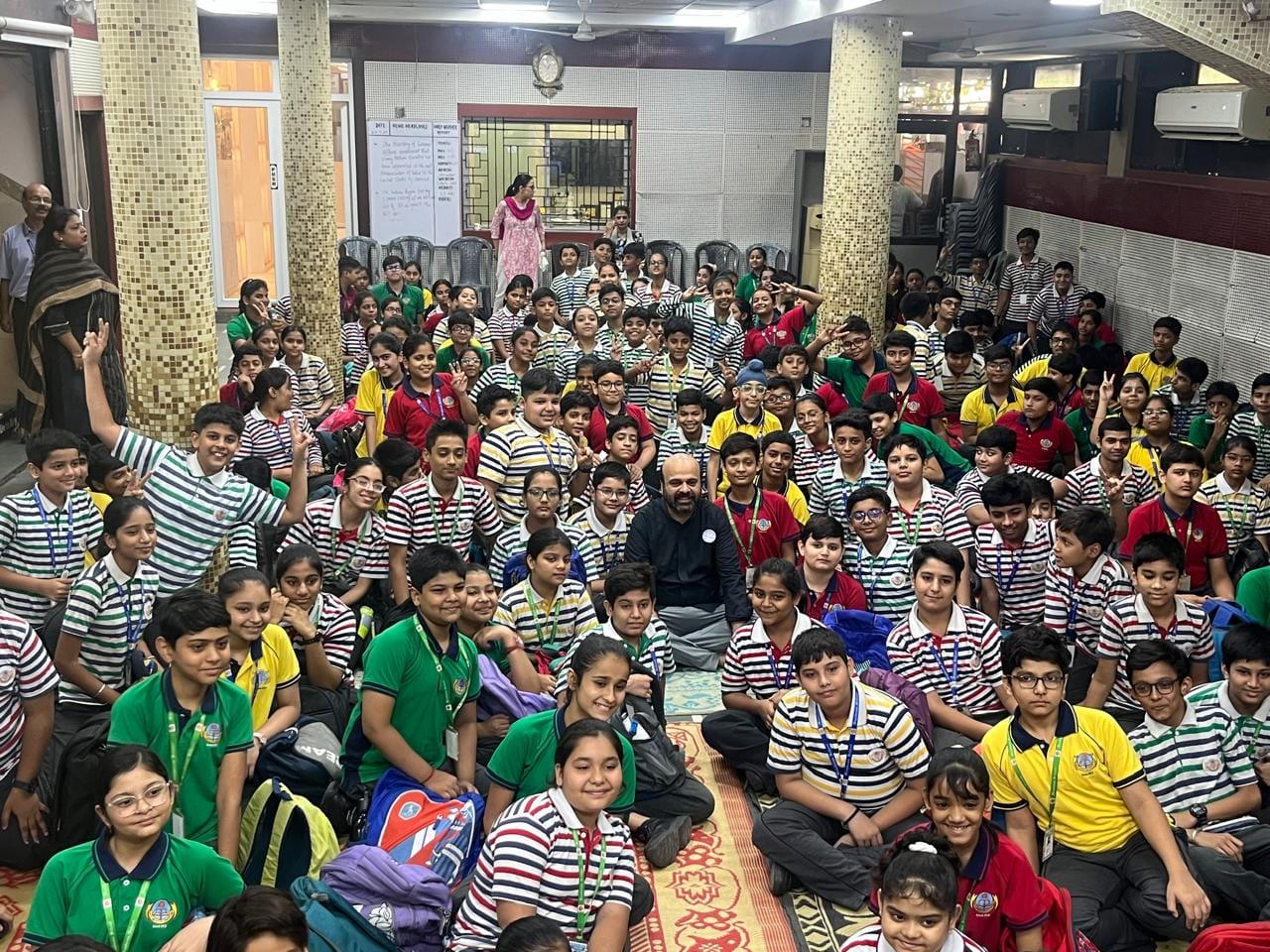
NS: You have received several accolades, including the Kalaimamani award and the Ustad Bismillah Khan Yuva Puraskar. How do these recognitions influence your work and your commitment to arts and education?
AS: While these awards once provided significant validation and opened doors for me, they no longer define my work or identity. I'm now focused on building an institution that will outlast me. Personal accolades matter less as my commitment is to a larger mission that continues regardless of individual recognition.
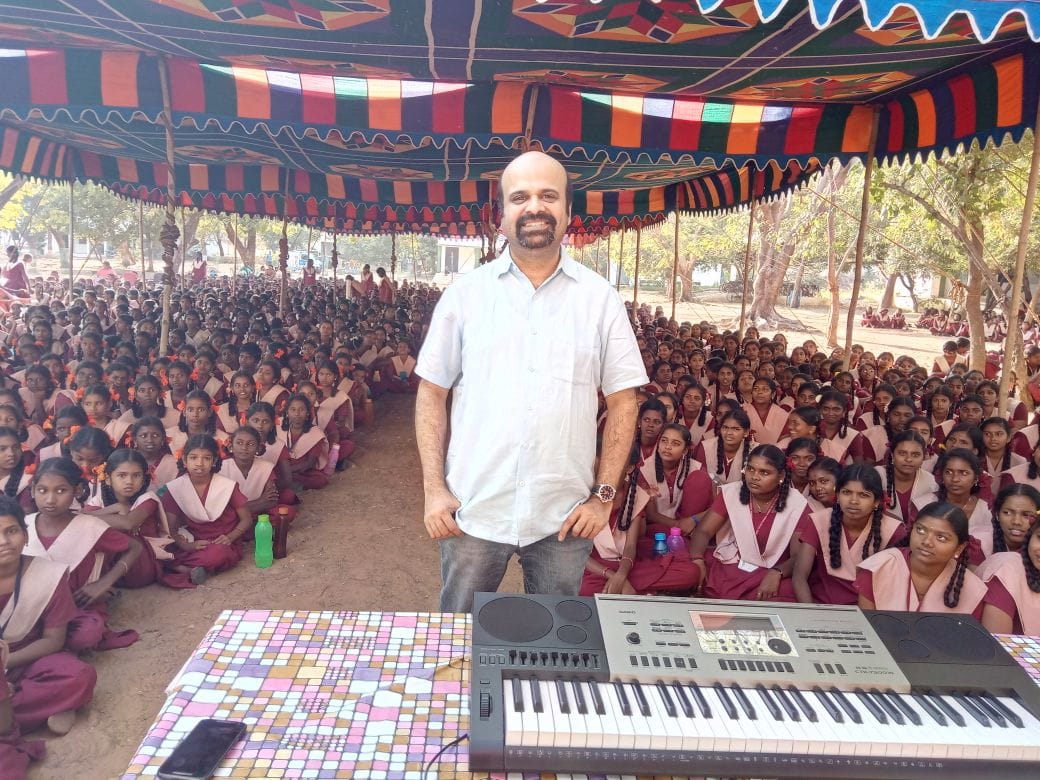
NS: What are your thoughts on the future of education in India and globally, especially in terms of integrating creative intelligence and art-based pedagogies into mainstream education systems?
AS: Integrating creative intelligence and art-based pedagogies is crucial, yet progress in India is not as fast as one would like. Some schools are adopting these methods, and while the education system remains largely traditional, training students for predefined roles, there is hope for gradual improvement. With continued effort and innovation, we can work towards a more creative and liberated educational future.

